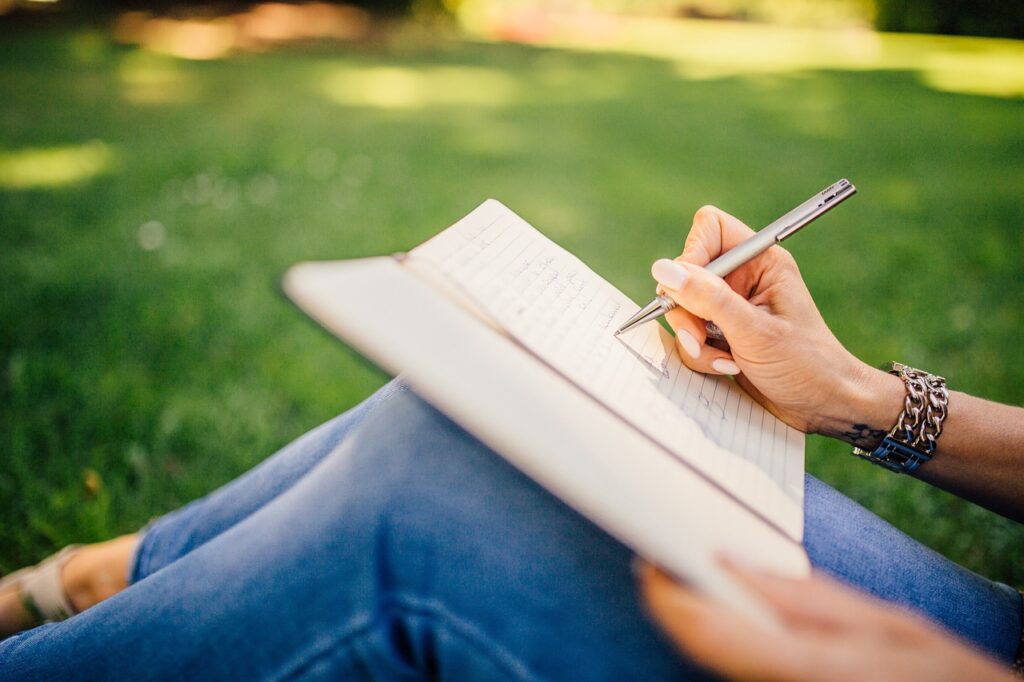voices unveiled: Navigating stereotypes and breaking boxes-aarvi shah's journey
The stereotypes faced by people of color, especially Asian Americans, are defined as the “model minority myth”. Stereotypes such as Asians being academically gifted, hardworking, and adaptable all fall under the umbrella of Asian stereotypes. However, oftentimes, these stereotypes are not a compliment but rather a pressure for most Asians in American schools.
Stereotypes have been forming for generations, dating back to the entry of immigrants into America in the 1850s. At that time, they were labeled as dirty and illiterate, representing non-model myths. Over the years, these stereotypes have evolved, but they still bring detriment to one’s mental health.
Many Asian students find themselves overly sensitive to their academic results and hyper-focused on succeeding in their educational journey. A significant part of this drive comes from their parents, who aspire for perfect results, potentially contributing to the emergence of these stereotypes. As students strive to meet parental expectations, they become hardworking, academically gifted individuals trying to fit into the American dream.

The mental health effects are detrimental
Personally, as an Indian immigrant, I have experienced assumptions that I’ll excel in math. However, this stereotype limits the freedom of choice for many young Asian students, restricting their creativity and exploration. Stereotypes created by the minority group itself can add immense pressure.
Beyond academic expectations, Asian American students face bullying and derogatory names, such as “nerds” or “freaks,” further adding pressure to conform to another box—this time, an American-style mentality. This creates yet another stereotype that Asians are highly adaptable. The cumulative pressure can become overwhelming for children, leading to mental health challenges.
According to the National Latino and Asian American Study (NLAAS), Asian Americans have a 17.30% overall lifetime rate of any psychiatric disorder but are three times less likely to seek help. Stereotypes influence self-perception, reinforcing the belief that individuals must meet all expectations and simply work hard—a stereotype in itself.
Coping with mental health becomes challenging, as unhealthy strategies like alcohol, drugs, self-harm, and violent outbursts may be adopted. Positive coping strategies, such as meditation, exercise, engaging in enjoyable activities like art or music, and even studying, can be effective. Personally, journaling helps me manage stress by putting my thoughts into words and expressing my feelings in a healthy way.
Regular use of coping strategies, dedicating around 30 minutes a day to activities we enjoy, can significantly benefit mental well-being. Challenging stereotypes involves not allowing ourselves to be influenced by them and actively fighting against their perpetuation. Establishing clear boundaries on what can and should be said around us can contribute to better mental health.
While coping techniques are valuable, seeking professional help is crucial for more serious problems. “We Rise Therapy and Wellness” is a team of experienced therapists, particularly specializing in treatment for first-generation clients, adult children of immigrants, Asian Americans and Pacific Islanders (AAPI), and Black, Indigenous people of color (BIPOC). Visit the website for more information.
Change is possible



